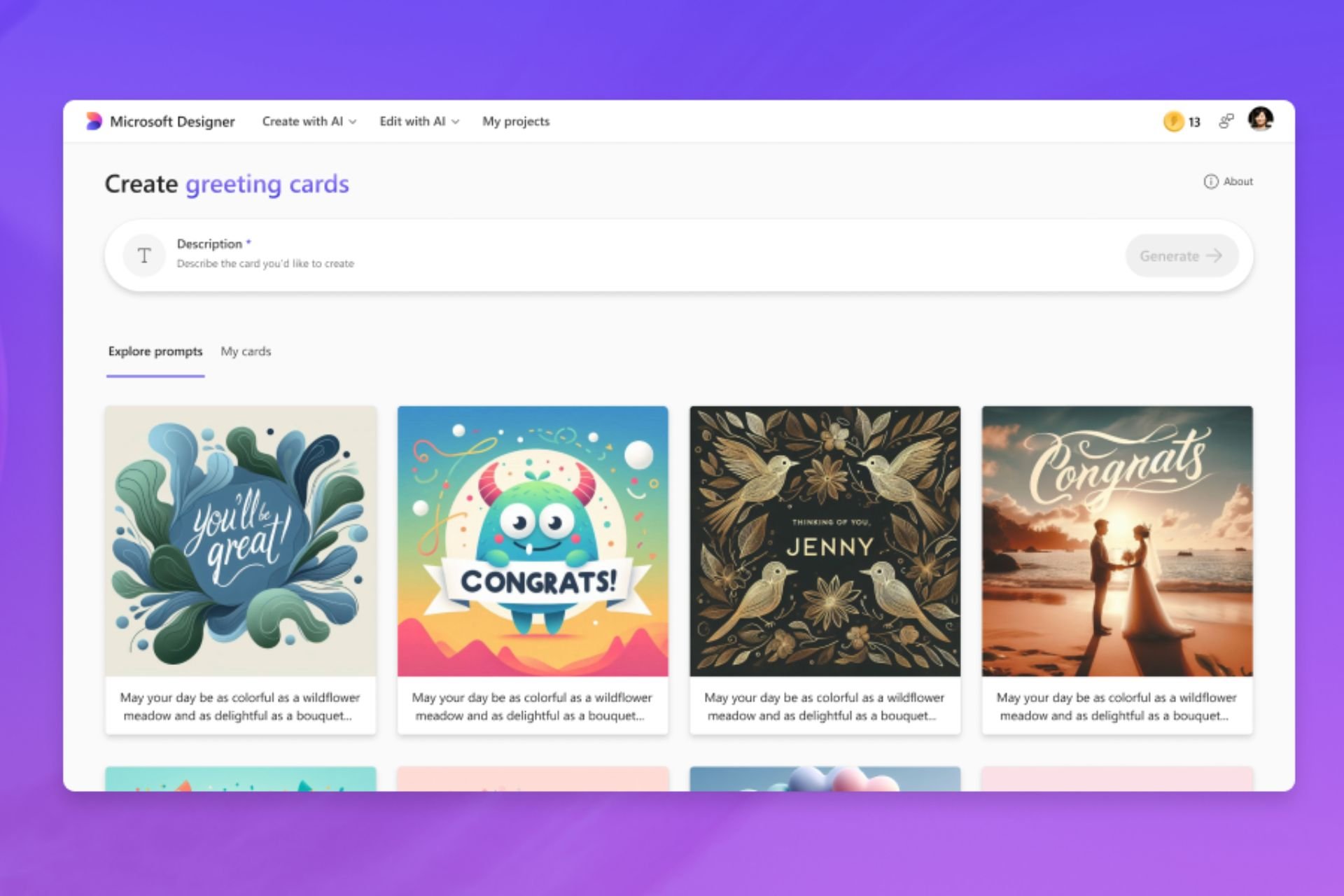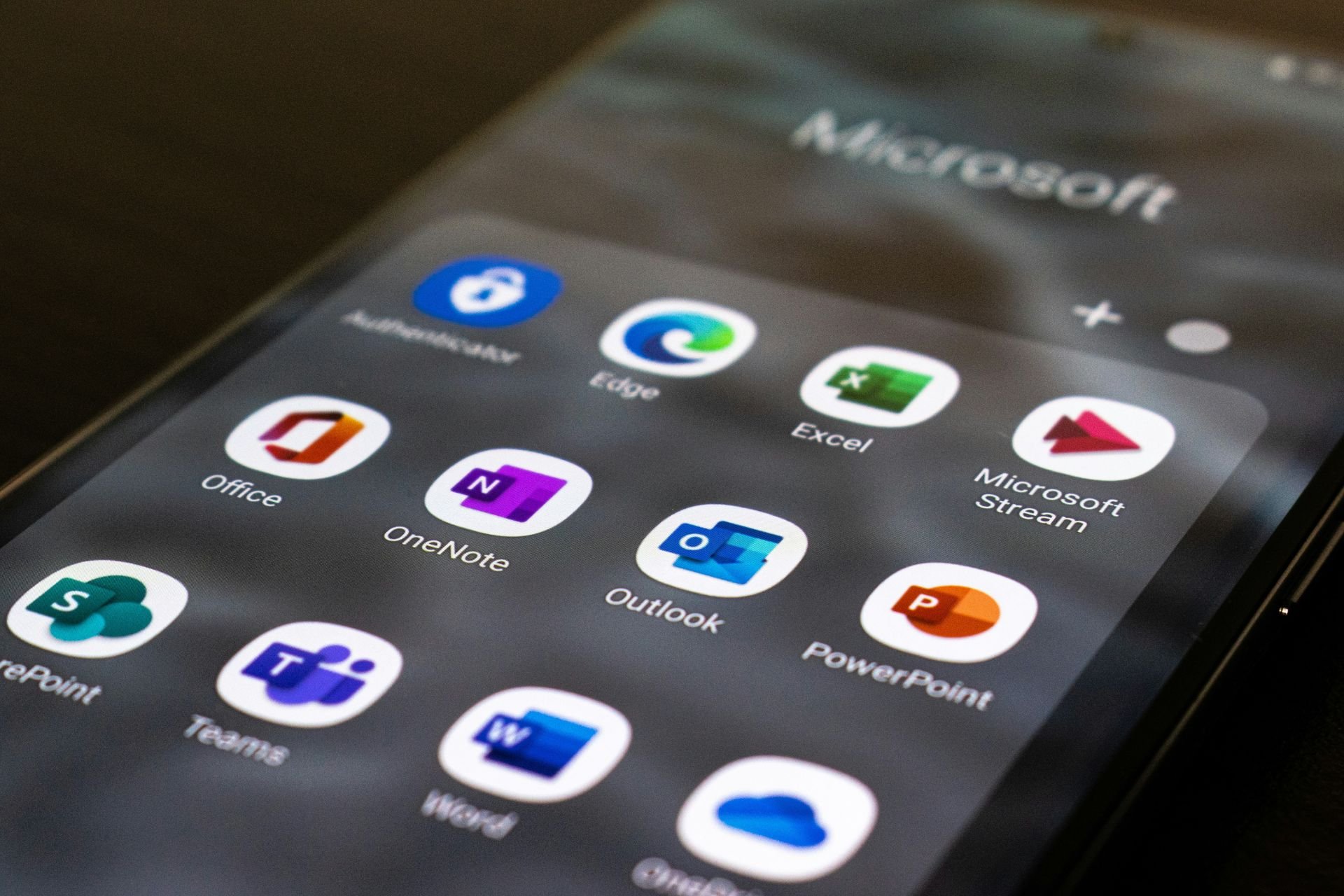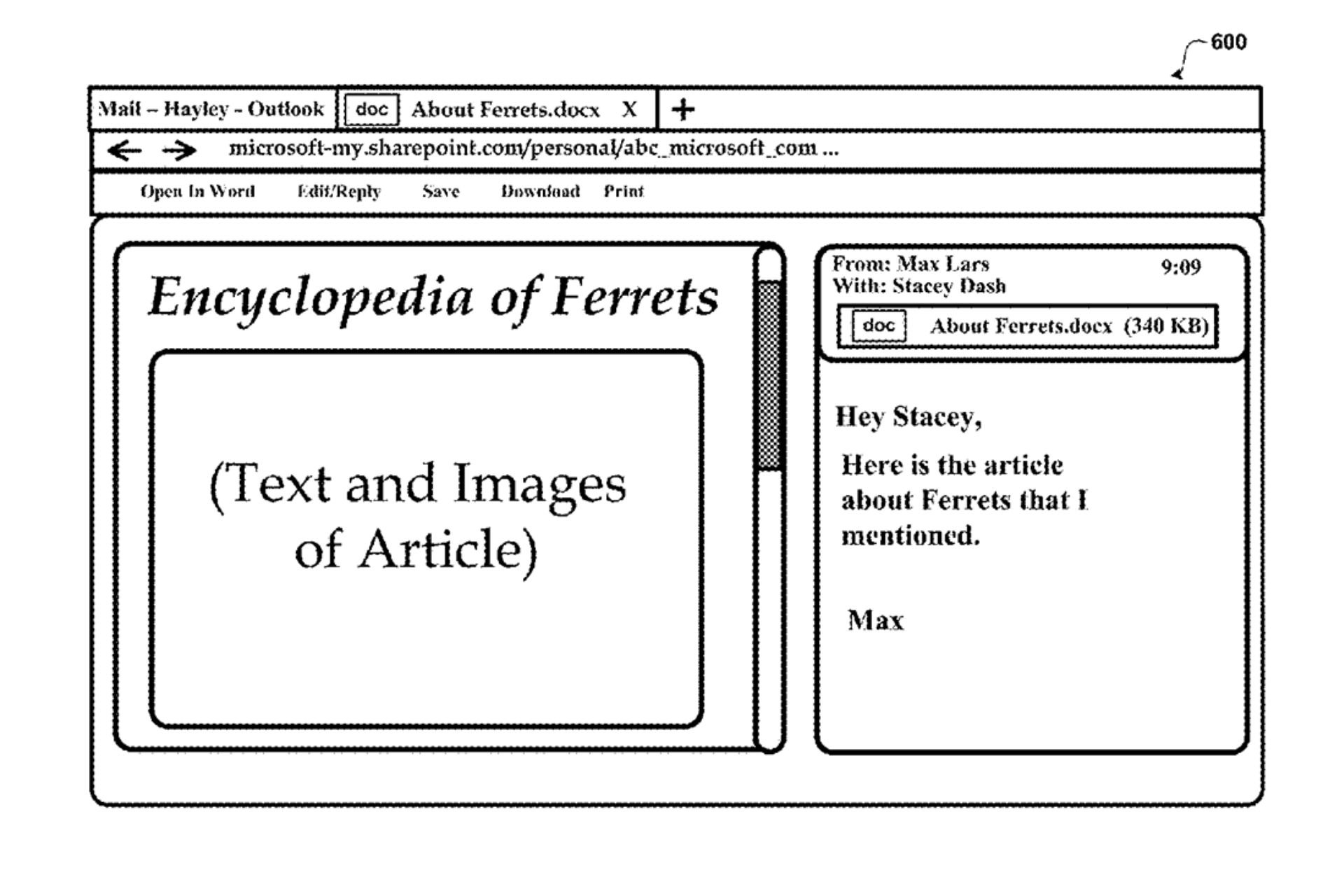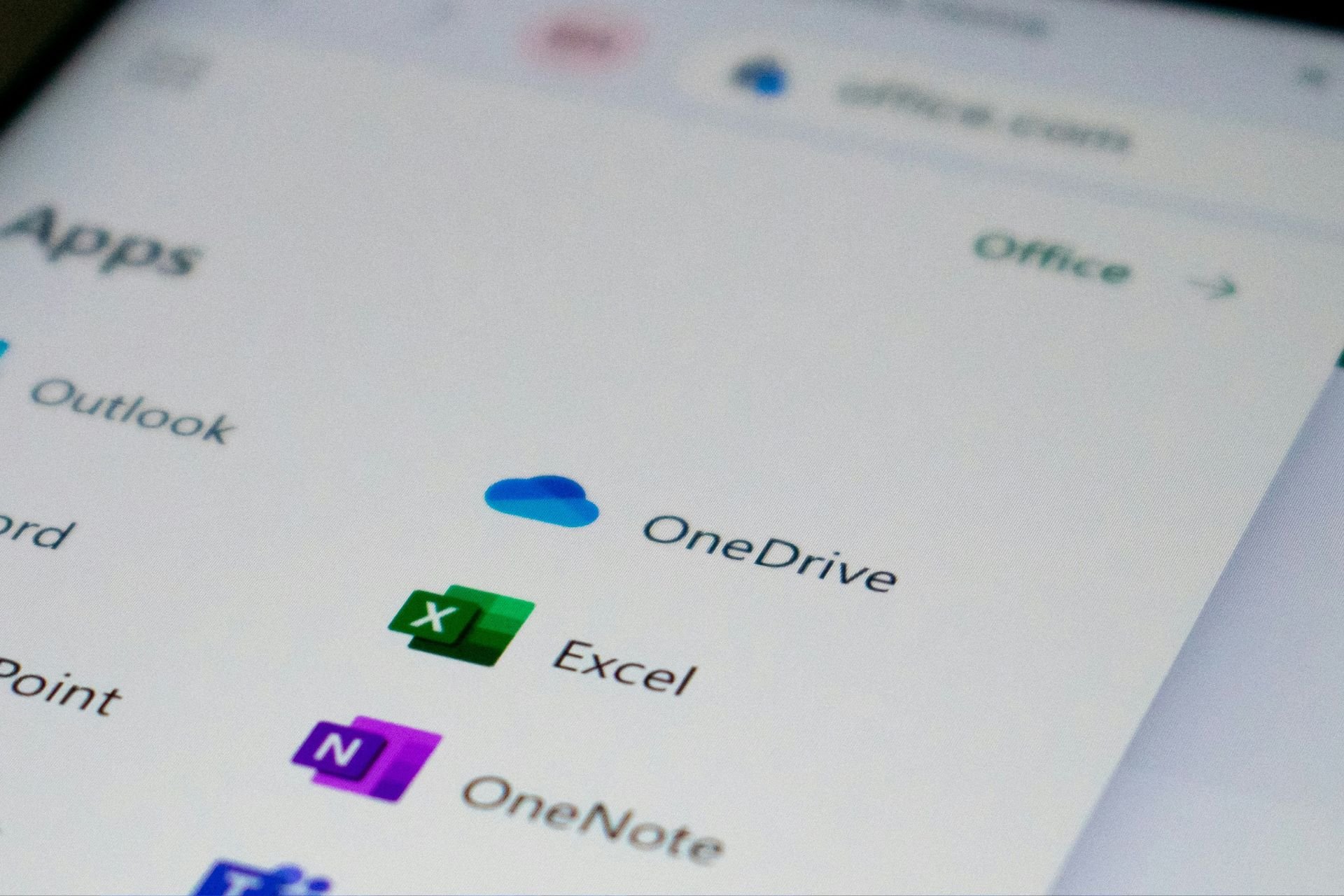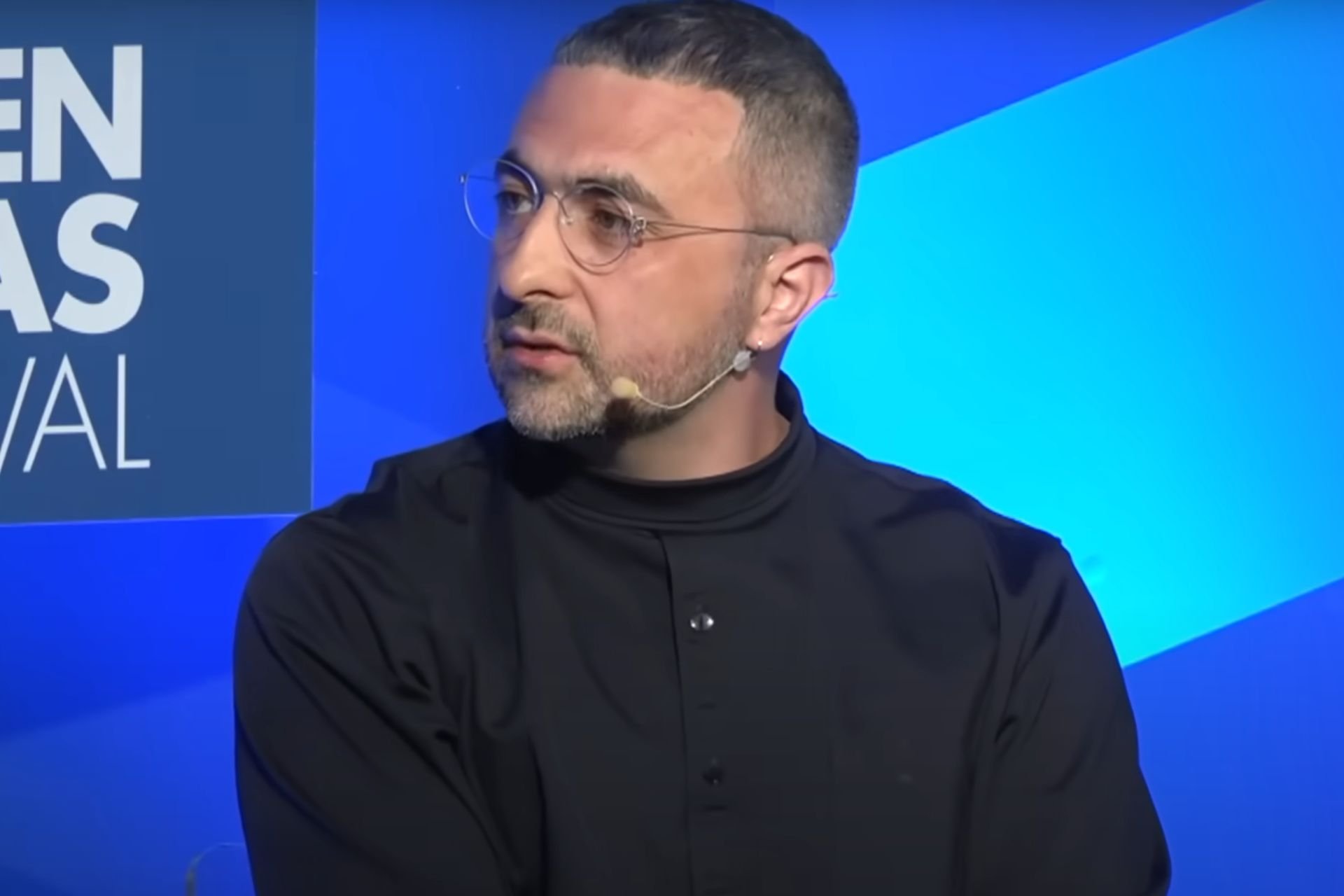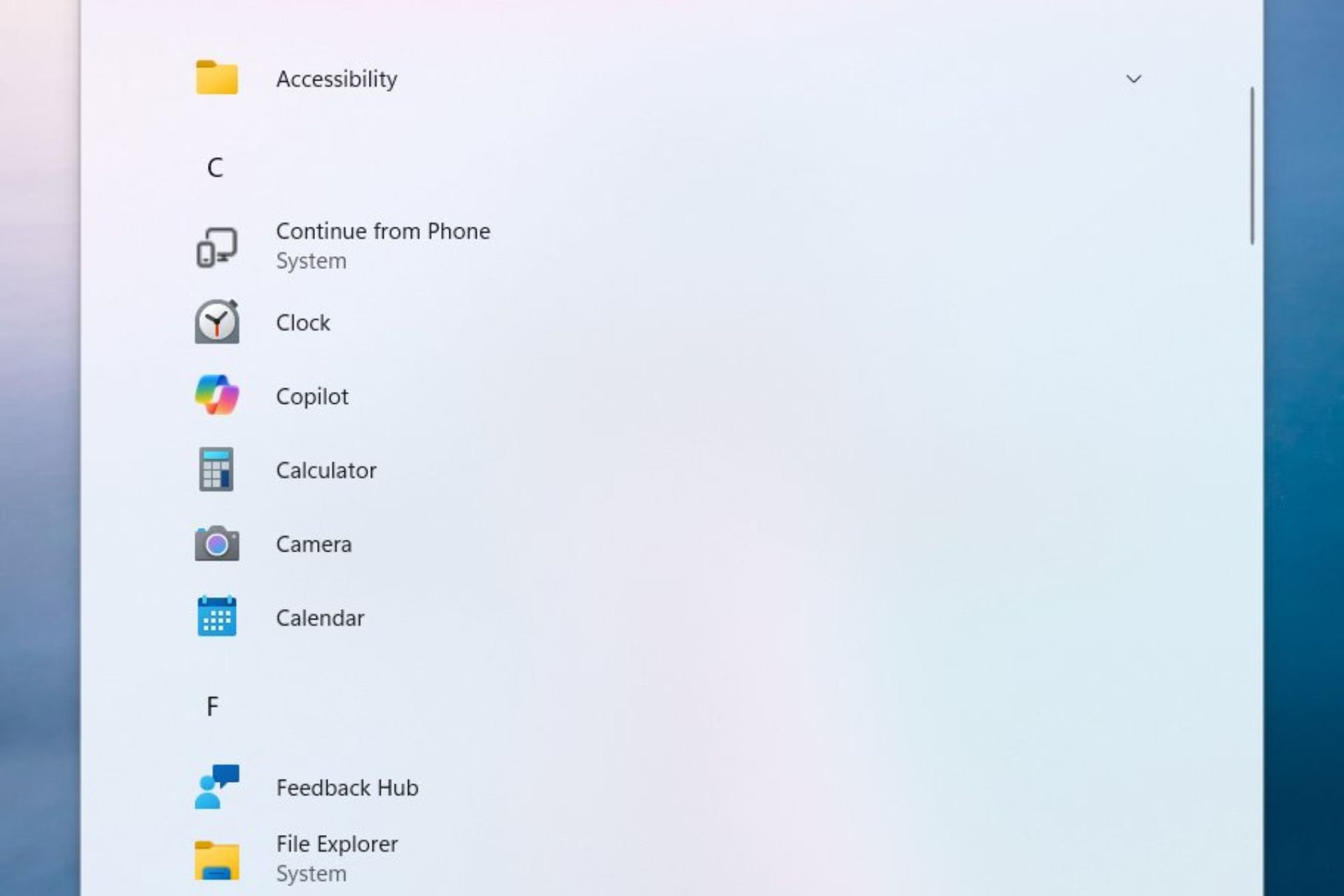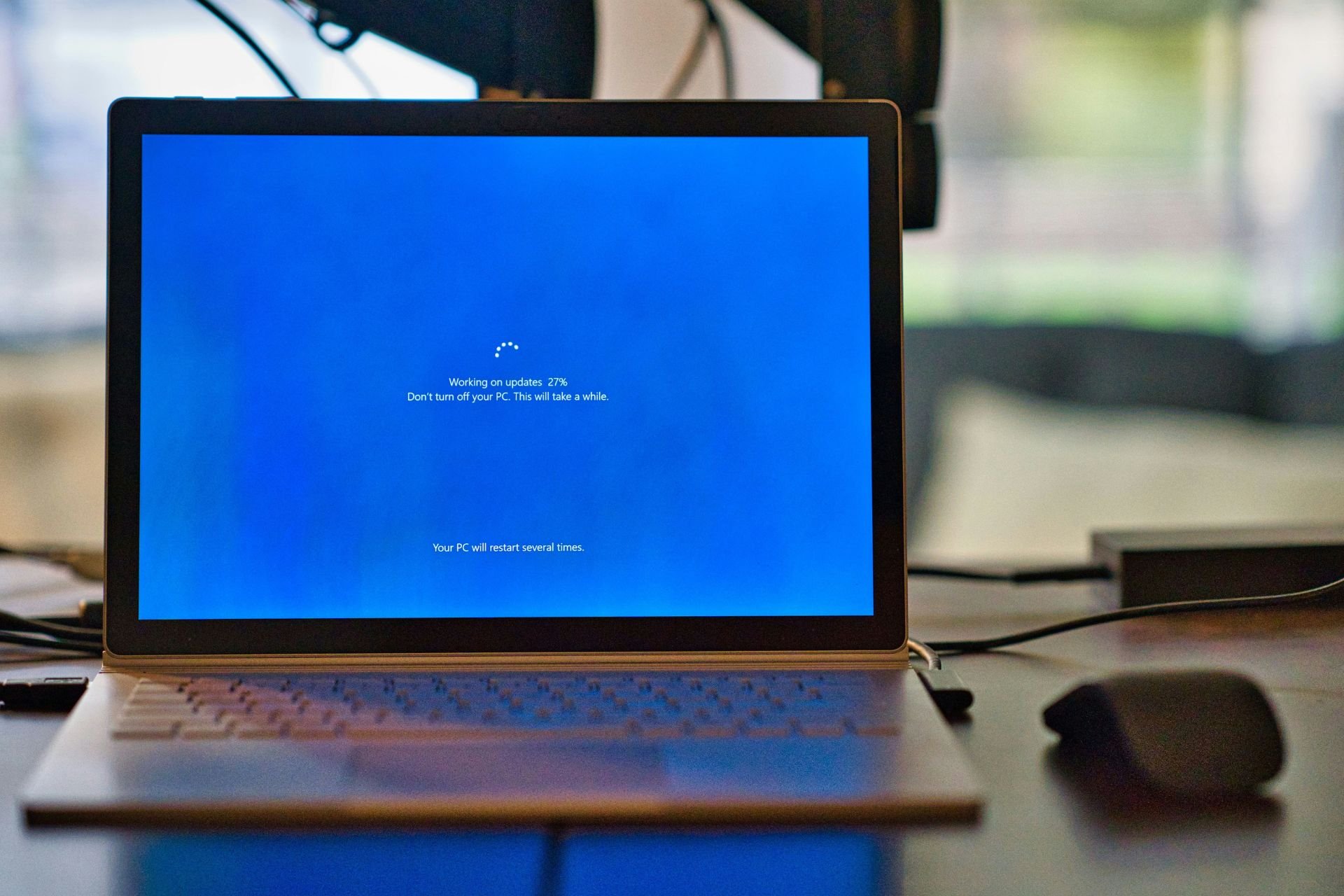ChatGPT is getting smarter and will be more personal
ChatGPT will now remember your information, is this good or bad for you?
4 min. read
Published on
Read our disclosure page to find out how can you help Windows Report sustain the editorial team Read more
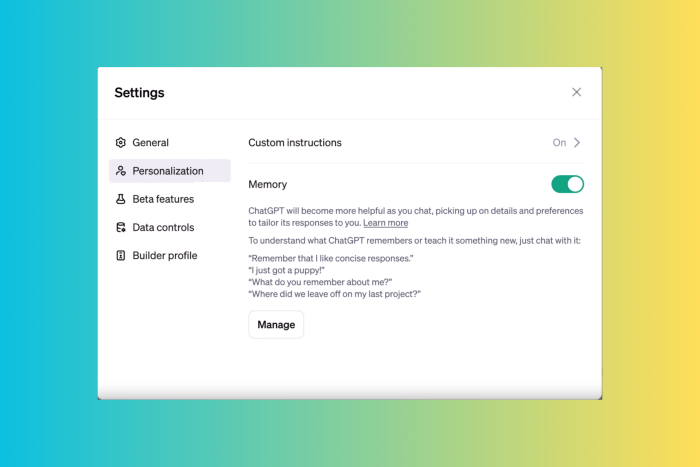
OpenAI is pushing the boundaries of artificial intelligence with its latest test on ChatGPT, introducing a Memory feature that allows the chatbot to remember information about users and their preferences over time. The aim is to enhance user experience by making your future chats personalized and helpful.
Having a conversation with chatbots can be repetitive and tiring as you have to provide the same information every time you initiate a chat.
OpenAI recognizes this challenge and is working on implementing a memory feature so that the chatbot can save specific details about you or the general conversations.
According to OpenAI, even though bots have the ability to memorize things, it assures that users can still control what is stored in memory. This means we can manage ChatGPT memory by deleting the chats we don’t want the chatbot to remember.
For example, if you have been prompting questions about a topic today, you will be able to ask ChatGPT questions in the same context in the future, provided you haven’t erased the query from its memory.
The Memory feature works in two ways. You can instruct ChatGPT to remember certain things like your name, specific preferences, or other important things.
Alternatively, the chatbot can automatically pick up things about you over time, as you interact with it, providing a more personalized experience.
However, if you are concerned about your privacy and don’t want the chatbot to remember anything from the previous chats, you disable the Memory feature, giving you the power to tailor the interaction according to your comfort level.
The goal of OpenAI is to make ChatGPT smarter and personal, so that you don’t have to provide repetitive information, saving you time.
Additionally, each personalized ChatGPT instance will be stored individually in memory, which will provide you with tailored interactions based on your preferences.
Despite the benefits of the feature, its introduction could get mixed reactions as not everyone would want the Chatbot to remember the queries.
So, ChatGPT, knowing everything about you can be awesome for some and horrifying for others. OpenAI has addressed these concerns by stressing the fact that user control is the top priority.
However, OpenAI’s approach to remembering things is similar to what internet services do to collect and use data to personalize user experience. Therefore, it could bring discomfort to those who fear potential misuse or mishandling of their data, leading to scam calls, and phishing emails.
To address these concerns, the company has introduced the Manage Memory section in Settings, which lets you review, modify, and delete the information stored in ChatGPT memory, giving you complete control.
OpenAI also mentioned that the system has not been trained to store sensitive details like health-related information.
However, if you are still not comfortable with the memory feature, you can opt for the Temporary Chat option available under ChatGPT version options. It acts just like an incognito mode in the browser, which is great for unrecorded conversations.
The Memory feature will be turned on by default; however, you can disable the feature with a few clicks. Go to Settings, then Personalization, locate Memory, toggle on to enable it, and toggle off to disable it.
The company also assures that your data from ChatGPT Enterprise and ChatGPT Teams will not be sent to the models to maintain confidentiality and uphold stringent data security measures.
Currently, the feature is in the testing phase and is available for limited users. OpenAI has addressed that the company understands the sensitivity of the feature and is working on maintaining a balance between personalization and privacy.
Given the advancement in AI tech, the introduction of the Memory feature seems to be a great way to make interactions natural and more personalized; however, whether users embrace or resist the feature will depend on their comfort level with AI-driven personalization and trust in OpenAI’s commitment towards data security.
Would you be comfortable using the Memory feature? Share your thoughts in the comments section below.

